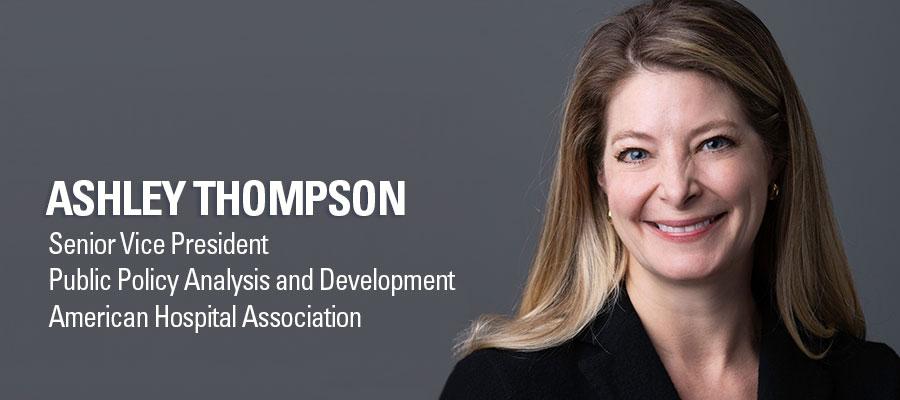New NORC Report Details Financial Pressures & Critical Role of Hospitals Serving Urban Communities

Hospitals serving marginalized urban communities need additional federal support so they can meet their mission of advancing health for the patients and communities they serve.
The AHA recently commissioned NORC at the University of Chicago to examine the unique characteristics, community services, and patient demographics of a select group of vital urban hospitals that provide crucial health care and other services to marginalized and underserved communities. The AHA also asked NORC to examine the financial challenges limiting the ability of these hospitals to continue to meet the complex needs of the communities they serve.
Hospital Financial Challenges Serving Marginalized Urban Communities
NORC’s research examines a select group of urban hospitals serving patients with disproportionately complex needs, including managing multiple chronic health conditions. Their patients live predominantly in historically marginalized communities, and are often low-income and more likely to be uninsured or covered by Medicare, Medicaid or other government health care programs. Many patients treated at these hospitals face socioeconomic challenges, such as food insecurity, community violence, and a lack of safe, affordable housing.
The hospitals examined by NORC are more likely than other hospitals in the same metropolitan areas to offer a full range of essential services, such as neonatal intensive care, inpatient psychiatric services, substance use disorder treatment, HIV/AIDS care, and burn care. They also are more likely to provide innovative programs that address the social factors that influence health, and work to eliminate health disparities.
While the financial challenges facing the entire hospital field are immense, NORC found these hospitals face ongoing, unique financial pressures. Patients treated by these urban hospitals are much more likely to be enrolled in Medicaid or be uninsured. Historically, government programs reimburse hospitals less than the cost of providing care to patients, which puts more financial pressure on these hospitals. For example, in 2020 the hospital field received payment of only 88 cents for every dollar spent caring for Medicaid patients, a shortfall of nearly $25 billion in total. This subset of hospitals also tends to have lower margins while providing a higher level of uncompensated care to uninsured patients than comparison hospitals.
In addition to the characteristics outlined above, the severe impacts of the COVID-19 pandemic have created an entirely new set of challenges for these hospitals, which were hit hard with large COVID-19 caseloads and severe workforce shortages.
Metropolitan Anchor Hospitals
The AHA supports a new designation for this select group of urban hospitals, termed Metropolitan Anchor Hospitals (MAHs).
The AHA is working with Congress and the Administration to elevate the critical role of MAHs in the health care delivery system and advocate for policies to support these vital hospitals so they can continue to address health inequities and protect access to care in America’s urban communities.
Read the full report from NORC at the University of Chicago and a select group of MAH case studies.
Ashley Thompson is AHA’s Senior Vice President of Public Policy.

